Leading with Forgiveness
Currently in the United States it can appear that empathy and even forgiveness is in short supply. So often the news is full of stories about who’s fault it is that something happened or we are constantly looking for who is to blame so that we can make sense of it all. IF we only see this way of living this perspective we begin to loose hope and believe that there is no other way. It has been my honor to learn from a global community and to hear and witness different perspectives and different ways of living.
Nelson Mandela in his book Long Walk to Freedom tell his story of his life in South Africa during apartheid and his journey into leadership, through prison,and leading a country to embrace forgiveness. Reading this book was an assignment I had prior to taking my own journey to South Africa. The book made the journey with me and the stories with in it are powerful; but standing on the same ground, and touching the dirt where the book was buried, wrapping my hands around the bars of his cell door as I looked in at the bed roll, bowl and bench that was displayed with in the cell, all while listening to a man tell his story of being imprisoned there, but in group cells that lack even more dignity brought the stories to life in an entirely different way. To say I was moved to tears is an understatement, the boat ride to and from the island was spent in reflection. Robbin Island was only a part of Nelson Mandela’s story but it seems to be the part that could have either forged a leader full of bitterness and hate or a leader driven to lead change and forgiveness, and Mandela’s story is of Forgiveness.
Mandela embraced his role not as simply a leader but as a peacemaker. “I regarded my role in prison not just as the leader of the ANC, but as a promoter of unity, an honest broker, a peacemaker…” (p.487-488) He led by example and with peace. There are stories of how he would find ways to learn about the guards in prison and to treat them like humans with dignity so that in his modeling they might be changed. Mandela believed in the dignity of humanity even when they were wrong. He also believed in hope and clung to it. “I never lost hope that this great transformation would occur.” (p.622)
It is in this dignity for humanity and hope that forgiveness was forged. In his suffering and oppression he shoved off hate and embraced a peace and empathy for all, that led to a willingness to forgive. In this forgiveness, freedom was formed and found.
Christians have often been told about the significance of forgiveness in our lives. Our faith is centered around the sacrifice of Christ that brings us forgiveness. It is maybe less often said, but still true that in forgiveness we find freedom. It is less about whether the other person will receive our forgiveness. and more about freeing our heart from the hate as we embrace forgiveness. Mandela has so many reasons to be full of hate but he chose freedom and he led a country to embrace forgiveness as the road to freedom. It was a long walk and it was imperfect as he will admitted there is still more work to be done, but having visited the country and the prison forgiveness is still pulsing through. Just, maybe, we have something to learn still from the life and legacy of Nelson Mandela.
- Mandela, N. (2021). In Long Walk to Freedom: The Autobiography of Nelson Mandela. The Folio Society Ltd.
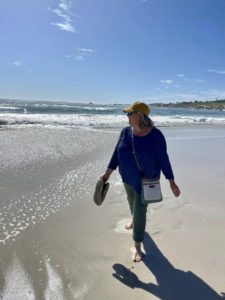
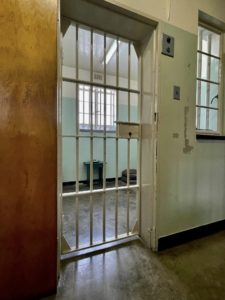
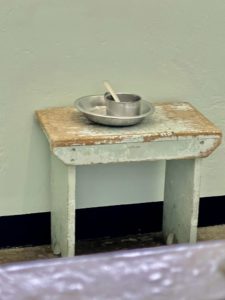
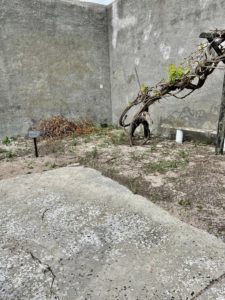
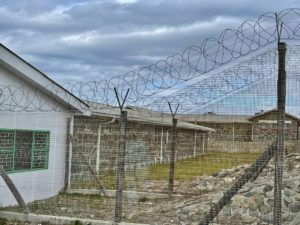

Leave a Reply
You must be logged in to post a comment.